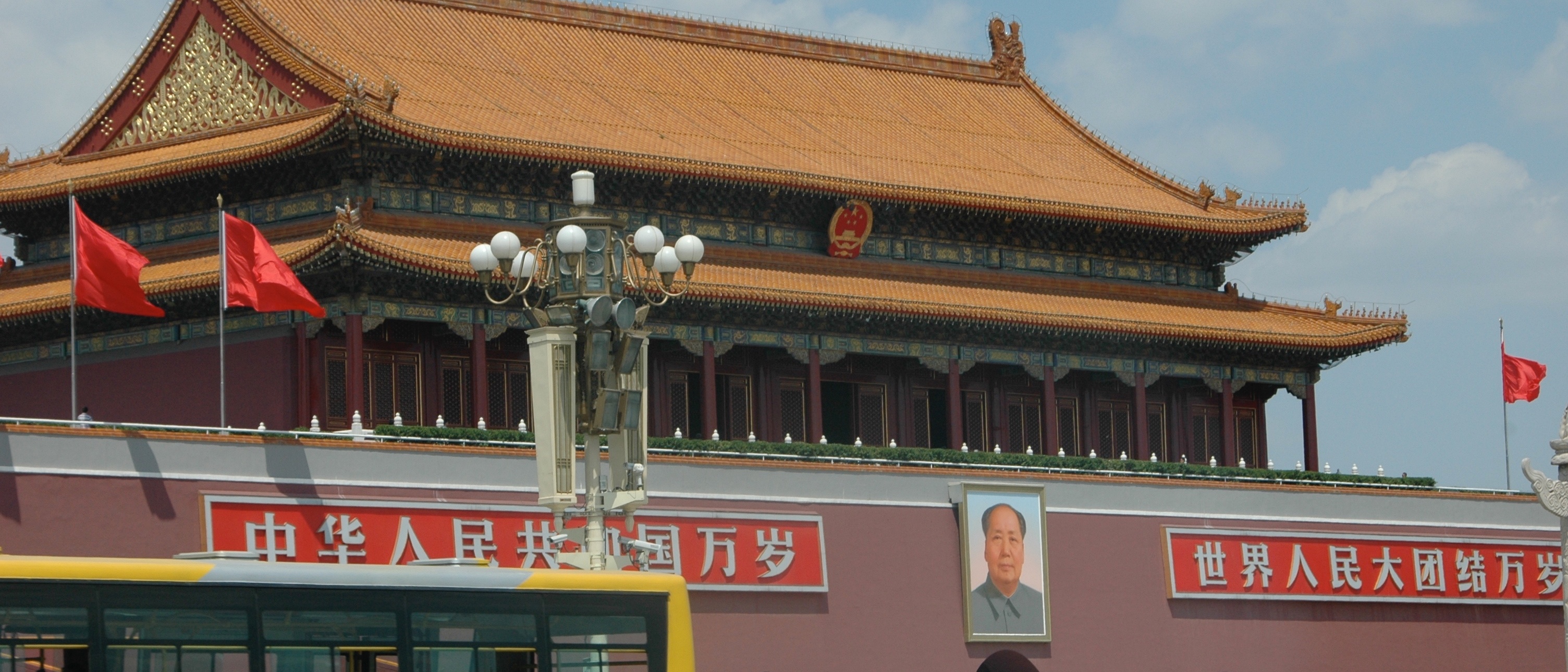Business
Chinese Investors Flee Country’s Market As Beijing Fails To Prop Up Economy

U.S. Secretary of State Hillary Rodham Clinton's staff member captures a photo of the Great Hall of the People in Beijing on May 24, 2010, before the start of the second round of the China-U.S. Strategic and Economic Dialogue. [State Department Photo/Public Domain]
Chinese investors are racing to put funds in offshore assets as Beijing fails to successfully prop up the country’s ailing economy, according to Reuters.
China’s Qualified Domestic Institutional Investor program, which serves as an avenue for investors in the country to buy foreign securities, jumped 50% in January year-over-year, butting up against the $165.5 billion limit that Beijing has set on the fund, according to Reuters. Li Qiang, China’s premier, announced on Tuesday steps to transform the country’s development model and increase growth that has failed to pick up since the COVID-19 pandemic, with factors like deflation, poor household consumption and huge real estate debts dragging down the economy.
“We feel a pressing need from our wealthy clients to diversify asset allocation,” Le Rong, founding partner of Shanghai-based FR Harvest Asset Management, told Reuters. “After 20 years of high growth and high returns, the Chinese economy faces a slowdown in the foreseeable future.”
China was supposed to be the future. So buying Chinese stocks was a great investment idea, right?
And. yeah. there is an ETF for that.
It’s not IBIT. pic.twitter.com/7YpAAD17SU— Fred Krueger (@dotkrueger) March 1, 2024
The investment outflows come amid low investor confidence, with domestic equity mutual funds dropping 35% in just January year-over-year, China’s stock market nearing a five-year low and 30-year Treasury bonds reaching record lows, according to Reuters. One of China’s largest fund managers, ChinaAMC, last week had to put a cap on investors’ daily subscriptions to invest in the Huaxia Global Technology Pioneer Hybrid Securities Investment Fund, which offers shares of U.S. tech giants.
The Chinese economy grew at 5.2% in 2023, failing to resume growth levels that it had frequently seen before the COVID-19 pandemic. Beijing has looked to a number of measures to boost growth, such as pumping hundreds of billions in stimulus into the economy and the stock market to reverse current downward trends.
The country’s economy is also being dragged down by a debt-laden real estate sector, which had a 36.7% year-over-year increase in property foreclosures in 2023. Companies responsible for around 40% of Chinese homes have defaulted on their debt since 2001.
All content created by the Daily Caller News Foundation, an independent and nonpartisan newswire service, is available without charge to any legitimate news publisher that can provide a large audience. All republished articles must include our logo, our reporter’s byline and their DCNF affiliation. For any questions about our guidelines or partnering with us, please contact licensing@dailycallernewsfoundation.org.

